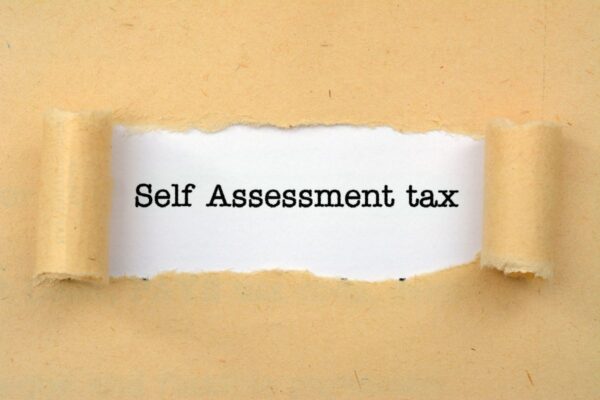What is MTD for Income Tax?
Making Tax Digital for Income Tax is HMRC’s plan to digitise the self-assessment process for individuals with business and/or property income. Instead of submitting a single annual tax return, taxpayers will send updates to HMRC every quarter, using MTD-compatible software.
Who Will Be Affected from April 2026?
From 6 April 2026, MTD for ITSA will be mandatory for:
- Self-employed individuals
- Landlords
- With total annual business and/or property income over £50,000
From April 2027, the threshold drops to £30,000.
From April 2028, the threshold drops to £20,000
Note: If your income is under £20,000, you’ll remain on the existing Self Assessment system for now, though further rollout is expected in future.
What Will You Need to Do?
- Use MTD-Compatible Software which includes excel
You’ll need to keep digital records of your income and expenses and submit updates via approved software. HMRC has a list of compatible software. - Submit Quarterly Updates
Every three months, you’ll send a summary of your income and expenses to HMRC. This gives you a clearer view of your tax position throughout the year. - Send an End of Period Statement (EOPS)
At the end of the tax year, you’ll confirm final figures for each business/property. - Final Declaration
This replaces the traditional Self Assessment tax return. It confirms your total income (including any other sources such as dividends or pensions) and calculates your final tax liability.
What Counts as Digital Record Keeping?
You must keep digital records of:
- Sales/income
- Expenses
- Dates of transactions
Manual or paper-based records will no longer be acceptable for MTD.
Spreadsheets can still be used, but only if linked to bridging software that can submit data to HMRC. We have the facility to do this for you.
Why You Should Prepare Now
Although the rules come into effect in April 2026, waiting until the last minute is risky. Here’s why you should act early:
- Test software and systems in advance
- Reduce stress by easing into quarterly reporting
- Avoid penalties for non-compliance
- Gain real-time visibility of your finances
If you’re eligible, you can join the MTD pilot now to get ahead of the changes.
For MTD, you must submit four quarterly updates to HMRC with filing deadlines. Penalties will accrue for late filing
| Quarter | Deadline |
| 6 April – 5 July | 5 August |
| 6 July – 5 October | 5 November |
| 6 October – 5 January | 5 February |
| 6 January – 5 April | 5 May |




